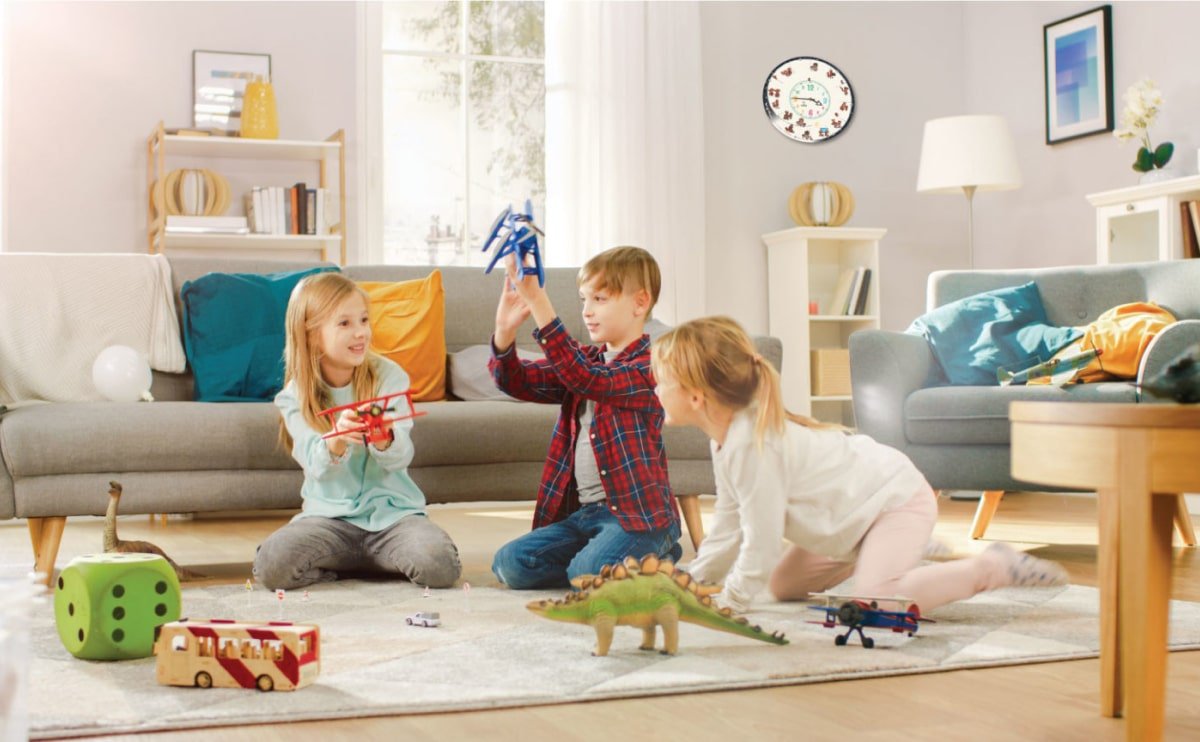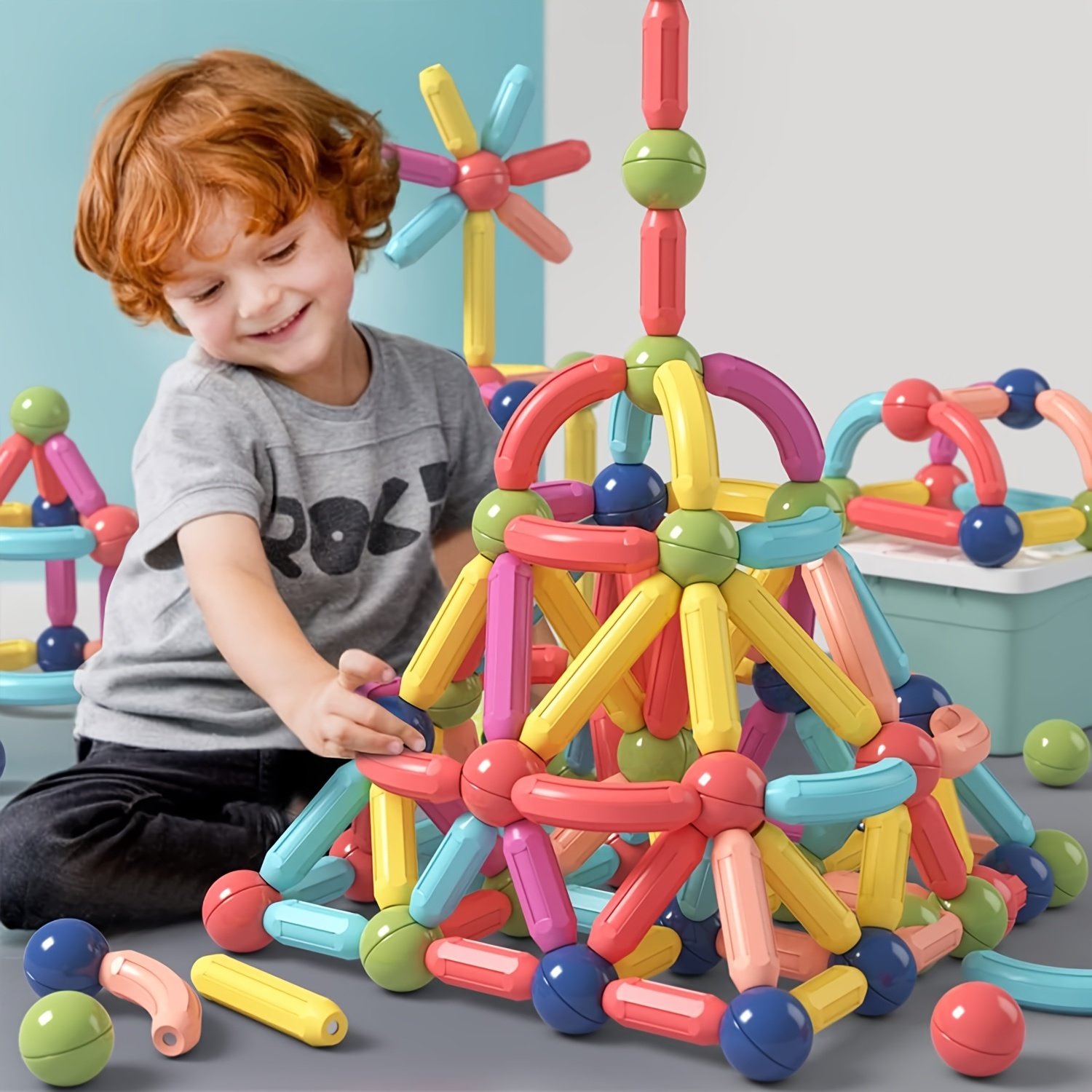
Blog
Exploring Imaginative Play

Exploring Imaginative Play in Early Childhood Education
Imaginative play—also known as pretend play or dramatic play—is one of the most powerful tools children use to make sense of their world. When children pick up a toy phone and “call” a friend, pretend to cook in a play kitchen, or transform a cardboard box into a rocket ship, they are engaging in a form of learning that supports every area of their development.
Why Imaginative Play Matters
Imaginative play is more than just fun—it’s foundational. Through pretending, children:
-
Develop social skills: By role-playing different characters, they learn cooperation, turn-taking, and empath
-
Build language skills: Children expand vocabulary and practice conversation as they create and narrate stories
-
Strengthen problem-solving: Pretend scenarios often require flexible thinking, decision-making, and negotiation
-
Encourage creativity: Open-ended play helps children stretch their imaginations and innovate new ideas.
Supporting Imaginative Play as Educators and Parents
-
Provide open-ended materials: Blocks, scarves, recycled boxes, and everyday household items encourage endless possibilities.
-
Create safe spaces for exploration: A cozy corner or flexible play area invites children to dive into their imagination.
-
Join in thoughtfully: Adults can enrich play by asking questions (“What happens next?”) or introducing new vocabulary, while still letting children take the lead.
-
Value their ideas: When educators and parents respect a child’s imaginative story, it builds confidence and validates their creativity.
Linking to Early Learning Outcomes
Imaginative play aligns closely with early childhood frameworks such as the EYLF (Early Years Learning Framework), which highlights:
-
Outcome 1: Children develop a strong sense of identity through role play and collaboration.
-
Outcome 3: Children become confident and involved learners, testing out ideas in imaginative contexts.
-
Outcome 5: Children are effective communicators, using both verbal and non-verbal ways to express their stories.
Final Thoughts
Exploring imaginative play is not only joyful but essential in early learning. It allows children to step into new roles, test ideas, and build the foundation for lifelong learning skills. By nurturing this natural form of play, educators and families empower children to grow as creative thinkers, confident communicators, and empathetic individuals.

